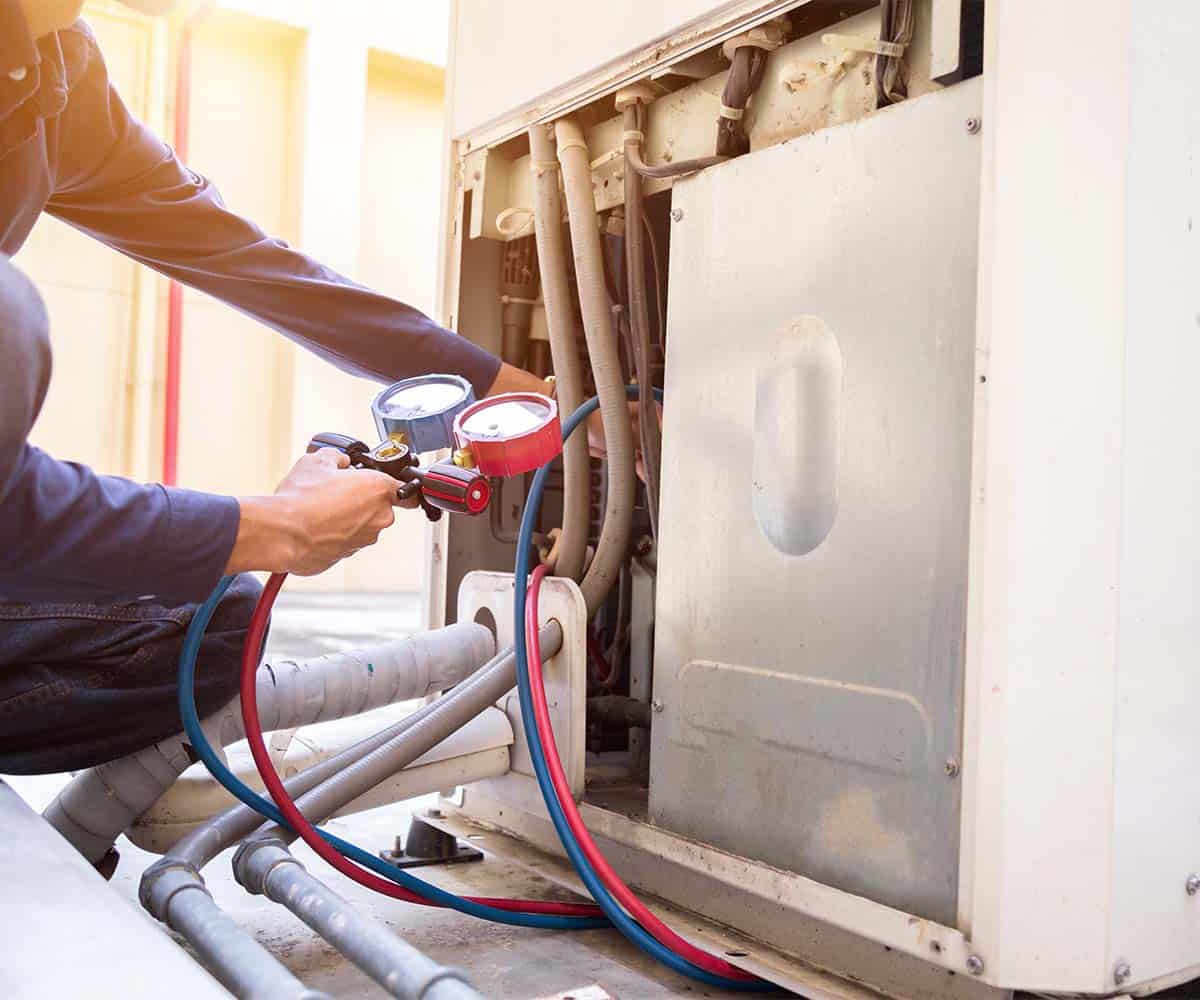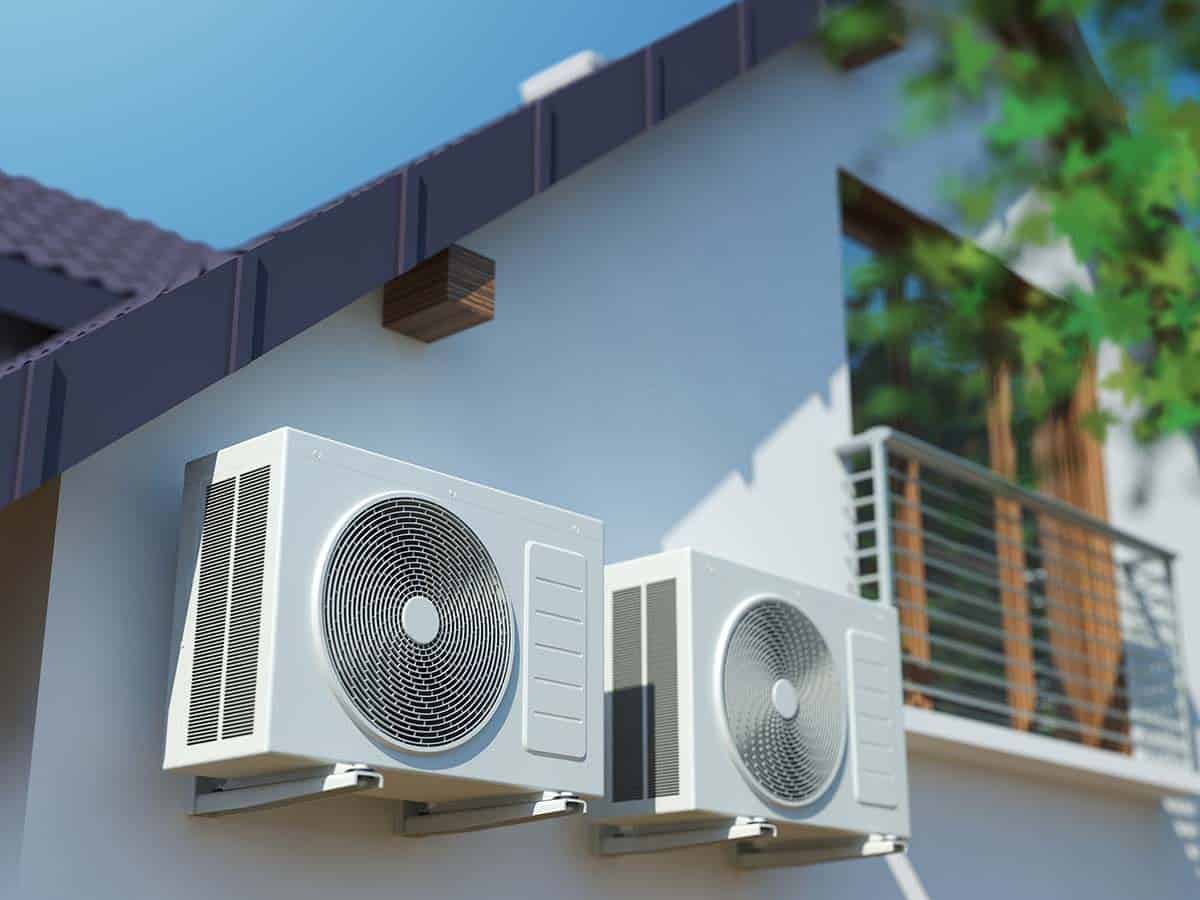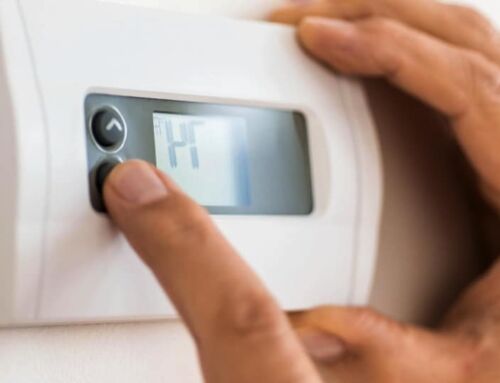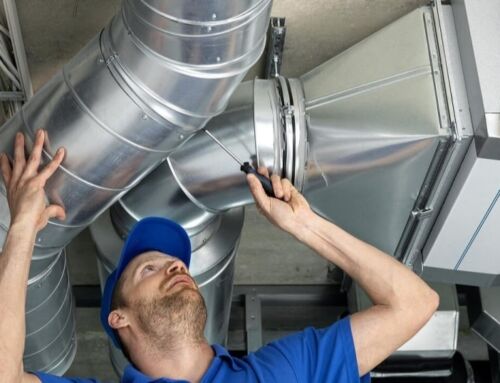The role of an air conditioner is to ensure the ideal indoor temperature all year around. But what exactly is the ideal temperature? And what should you be setting your thermostat to in order to ensure maximum comfort without breaking the bank?
Of course, the ideal indoor temperature is entirely subjective. Everyone has their preferences, all homes are different, and certain circumstances may influence how warm or cool you need a room, so what you set your thermostat to will depend entirely on you.
If you want to learn more, check out our other resources:
1. How Much Does Air Con Cost In Sydney?
2. How To Choose The Best Type Of Air Con
3. Pros and Cons of Air Con You Need to Know
5. What Size Air Conditioner Do I Need?
6. How Much Power Does An Air Conditioner Use?

How To Get Ideal Indoor Temperature With Your Air Conditioner in Sydney
How to determine the ideal indoor temperature for your home?
That’s a tricky one. There are a few factors that will influence this, but there is an answer.
In medical terms, the ideal indoor temperature is somewhere between 15 and 25 degrees celsius. This is a fairly big range – 10 degrees. Where you choose to set your thermostat in this range will depend on a few factors. Let’s take a look.
Size Of Home
From its layout to orientation, the size of your home may affect how you set your ideal indoor temperature.
For example, your house may be particularly drafty when there is a breeze or the room you are heating/cool may get a lot of sunlight in the morning, but not in the afternoon.
Depending on the type of system you have, you may want to set different temperatures in different rooms to mitigate these discrepancies, or you may want to change your thermostat at different points during the day.
Personal Circumstances
Personal circumstances may affect how warm or cool you need your home. For example, you may have a newborn and need to keep your house warmer than you would find comfortable.
Or you may be looking after an elderly parent or relative and need to keep the house quite cool in summer.
Humidity
Humidity can significantly affect how you feel the heat or cold. In winter, the air is typically much drier, which makes your skin feel colder.
Whereas in summer, the humidity can make you feel sweaty and uncomfortable, encouraging you to crank up the AC.
Weight
Your weight (and the weight) of your family may also impact how you feel indoors. Those with a higher BMI will feel warm easier, while those with a lower BMI usually get cold easier.
Age
Your age will also have an impact. As we get older, we tend to feel the cold more so than younger people. Anyone over the age of 55 may feel more inclined to turn up the air con in winter.
Great ways to keep your house warm in winter
And while there are some great heating systems for your home, which help keep you warm, there is a number of other things you can do to stay snug.
Check out some of our favourite tips to keep your home nice and warm all winter long!
Install a programmable thermostat
Programmable thermostats allow you to select the ideal indoor temperature for your home and in some cases, will let you adjust the temperature in different areas of your house so that everyone in your family is comfortable.
By changing the thermostat when you leave the house, you can also save loads on your energy bill.
Keep your curtains shut during the night
It is a great idea to leave your curtains open to let the sun in during the day. However, did you know that shutting the curtains at night allows you to keep the heat inside for longer?
You might even want to consider purchasing insulated curtains if you want to keep the heat in for even more time.
Use reversible ceiling fans
While most people think that ceiling fans are only to be used for cooling your home in the warmer months, many can be used in the colder months too.
See if you can reverse your fan so that it moves clockwise instead of counterclockwise. Since heat rises, the clockwise-spinning fan will push the heat back down into your rooms. This works particularly well in homes with high ceilings.
Keep vents clear
If you have a heating system with vents, it is important to ensure that you do not block them with furniture or other large objects.
Make sure you double-check that all of your vents are not blocked, and if they are, its a good idea to move your furniture, at least for the winter, so that your heating system reaches maximum potential.
Keep doors shut
If you want to keep specific rooms extra-warm, there is not much point leaving the door open, as it allows warm air to escape and spread throughout your home.
For those with open plan homes, room dividers are sometimes a good option. You’ll be surprised how effective keeping a few doors shut can be.
So, What Should I Set My Thermostat To?
Well, the World Health Organisation (WHO) recommends that you keep your thermostat between 21 and 18 degrees at home if you’re healthy, don’t have any young children, or are not elderly and are appropriately dressed.
This means wearing a jumper, pants and socks indoors. Anything below 16 degrees or above 24 degrees is not considered ideal.
We should also note that turning your split or ducted air conditioning down (colder) in summer and up (hotter) in winter doesn’t cool or heat the space any quicker; the conditioned air temperature is always constant.
This means that the system will only run for longer, costing you more in electricity.
Contact HunterCON today!
While there is plenty you can do to keep warming, nothing beats an effective and high quality heating system!
If you would like to know more about the installation or maintenance of electrical items or air con systems, please do not hesitate to give us a call. We offer both residential and commercial installation solutions.
With over ten years of experience under our belt, we pride ourselves on providing air-con and electrical services of the highest quality. Get in touch with us today.






